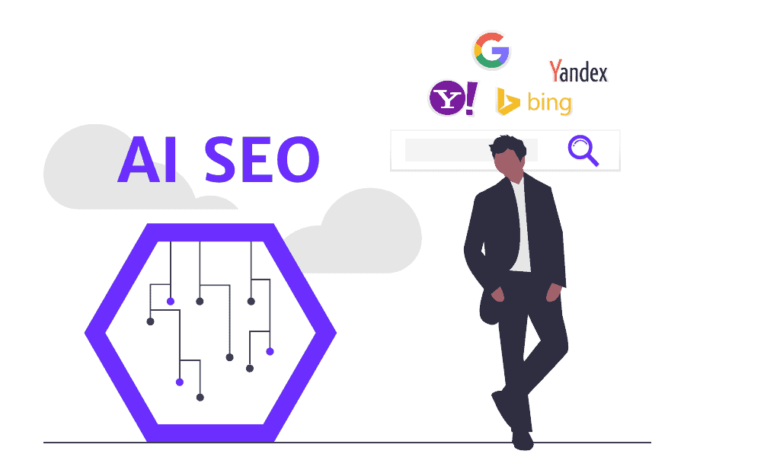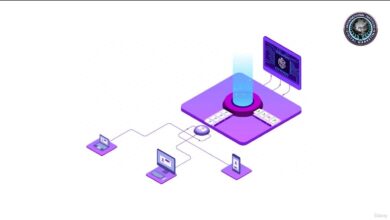AI SEO Research – ChatGPT

You can use ChatGPT for SEO research in several ways to enhance your search engine optimization efforts. Here’s a step-by-step guide on how to leverage ChatGPT for SEO research:
Keyword Research
Generate Keywords: Use ChatGPT to generate a list of relevant keywords and phrases related to your niche or topic. ChatGPT can suggest long-tail keywords that are less competitive and more likely to rank well.
Research relevant keywords are essential terms or phrases chosen to represent the core concepts in a study. They aid in efficient information retrieval, improving research precision and depth.
In this task, you will use Artificial Intelligence (AI) tools to conduct comprehensive keyword research for optimizing online content, marketing campaigns, and search engine visibility. The goal is to identify relevant and high-impact keywords that resonate with the target audience and align with the content’s purpose.
List down 20 relevant keywords on the Google Doc provided in your Google Drive.
Content Creation:
- Content Ideas: Ask ChatGPT to provide content ideas or outlines for blog posts, articles, or product descriptions based on your target keywords. It can help you brainstorm topics that align with SEO objectives.
- Content Generation: Use ChatGPT to automate the creation of content. It can generate paragraphs, introductions, or even entire articles, saving you time while ensuring SEO optimization.
Content Optimization:
SEO Recommendations: Share your existing content with ChatGPT and ask for SEO recommendations. It can suggest improvements related to keyword usage, readability, and on-page SEO factors.
Competitor Analysis:
Analyze Competitor Content: Provide URLs of competitor websites to ChatGPT and ask for an analysis of their content. ChatGPT can highlight keywords, content structure, and potential SEO strategies used by your competitors.
Algorithm Updates:
Stay Informed: Inquire with ChatGPT about the latest search engine algorithm updates or changes. It can summarize recent developments in the SEO landscape and provide guidance on adapting your strategy.
Natural Language Content:
Engage Audiences: Use ChatGPT to create engaging, natural-sounding content that resonates with your target audience. High-quality content is vital for SEO success.
Automation and Scalability:
Scale Your Efforts: Incorporate ChatGPT into your SEO workflow for tasks like content generation and optimization. This allows you to scale your SEO efforts efficiently.
Voice Search Optimization:
Adapt to Trends: Ask ChatGPT about optimizing content for voice search, as voice search is becoming increasingly important in SEO.
Local SEO:
Generate Local Content: If you’re targeting a local audience, use ChatGPT to create location-specific content that can boost your local SEO efforts.
User Queries and FAQs:
Answer User Queries: Utilize ChatGPT to craft informative responses to common user queries and FAQs on your website. This can improve your site’s visibility in search results.
Meta Tags and Descriptions:
Optimize Meta Data: Ask ChatGPT to help you create compelling meta titles and descriptions that encourage click-throughs from search engine results pages (SERPs).


